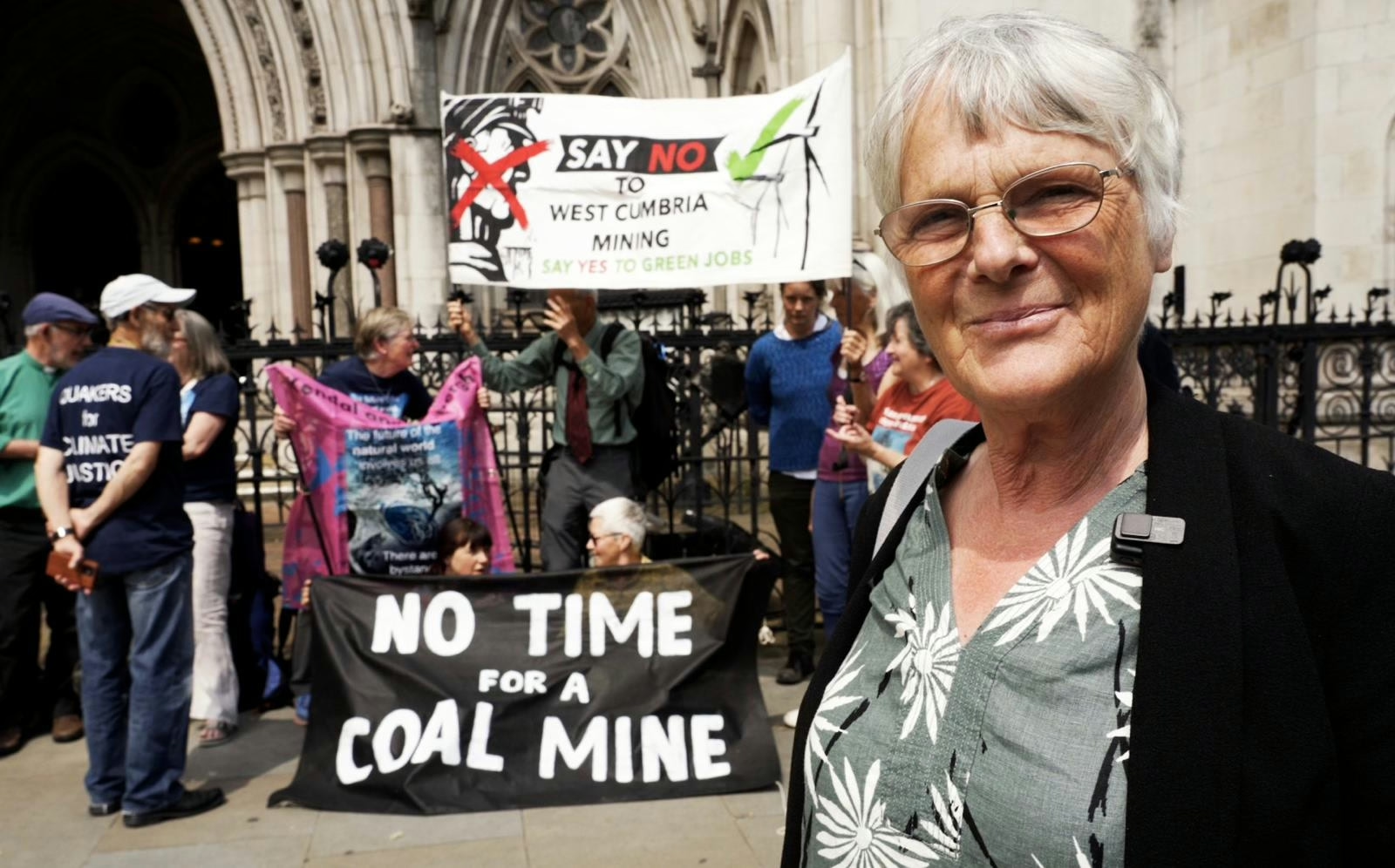
On 15th September 2023, The Guardian reported that Tata Steel accepted Government funding to avoid closing its steelworks in Port Talbot, South Wales, by decarbonising it instead – but at a loss of up to 3,000 jobs.
The UK Government is providing £500 million, and Tata Steel is expected to provide another £725 million. Most of this money will go to converting the sprawling steelworks from its current Basic Oxygen Furnaces to Electric Arc Furnaces. The former produces virgin steel from iron ore, heavily relying on coal for the chemical reaction. Electric Arc Furnaces recycles scrap steel without needing coal. Currently, the UK exports a considerable quantity of scrap steel abroad (over 8 million tonnes in 2021), and scrap steel is expected to greatly increase in abundance globally.
Port Talbot steelworks is currently the 2nd highest source of CO2 from any single site in the UK. Transitioning this steelworks is expected to make a significant impact on the UK’s emissions. Steelworks around the world contribute 11% to global greenhouse gas emissions… rapid decarbonisation globally is essential to limit climate chaos and, alongside electric arc furnaces, alternatives are under development and testing that removes coal from the process of making virgin steel.
However, steelworks employ many thousands of people around the world, whose labour has been essential for everything from vehicles and renewable energy infrastructure to household appliances. It’s essential steel workers and their unions are centred in the changes needed to decarbonise steelworks to ensure a just transition that doesn’t leave these workers behind. The planned decarbonisation of Port Talbot Steelworks has been reported not to follow the principles of a just transition. Instead, the company has reportedly shut unions out of its negotiations with the UK Government and there aren’t any reported programmes of retraining or support packages to equip workers facing redundancy with realistic prospects of finding alternative work that suits their experience or ambitions.

Steel companies in Europe may be amongst the first to decarbonise their steelworks, so it is essential they set a good example for steel companies elsewhere to follow. European steelworks, therefore, must meaningfully engage with their workers and workers’ Unions from the outset of plans to decarbonise steelworks, focusing on those most impacted by potential changes. We are sceptical of top-down consultations on changes which often have foregone conclusions—engagement must be in the form of equal partners around the table. For workers, this can have the advantage of securing packages of support that are appropriate for their needs, whether that is to stay within the company or gain employment in another industry. Worker creativity may also reduce their own job losses and impacts—if they are able to meaningfully shape the transition process. Companies benefit from the creative capacity of workers who have on-the-ground expertise, greater trust in the changes ahead, reputational impacts, better worker morale and loyalty, and the wider fallout that structural unemployment can drive.
British Steel, the UK’s only other producer of virgin steel and operated by Jingye, is also considering converting its steelworks to electric arc furnaces in the hope of accessing hundreds of million in Government funding to decarbonise the steelworks. British Steel has secured a £100 million contract to build one of the world’s biggest offshore wind plants being built at Teesworks. We hope that Jingye actively involves workers at British Steel, and their unions, from the outset of any plans to transition its steelworks.

From Tuesday 16th July to lunchtime 18th July, Lord Holgate heard the case, brought by South Lakes Action on Climate Change and Friends of the Earth, against the Government’s 2022 approval of a new underground coal mine at Whitehaven.

Fantastic news today, 20th June 2024. The UK Supreme Court has set a historical precedent, in overturning a previous ruling, considering the legality of approving a new oil site in Surrey. The ground breaking decision stating that ‘downstream’ emissions (those released when a product is used) must be factored into decisions on…

The UK’s last coal-fired power station closes this year, and last year is confirmed the hottest year on record. We’re pleased that the Labour Party has listened to our arguments, along with the Liberal Democrats, the Green Party, and Plaid Cymru which have also ruled out any new coal mining…

Coal Action Network asked Who will stop coal? last weekend in Whitehaven, West Cumbria. At the site of the proposed coal mine, members of the local community and supporters gathered to ensure that the question of the mine is being put to election candidates. Now we need you to crank up the pressure and make sure all election candidates across the UK faces this question as they could decide the fate of the coal mine if elected…

The legal challenges against the government’s approval of a new coal mine off the coast of Cumbria will be heard in London on the 16th to 18th July.

Mining company, ERI Ltd, is applying to mine nearly half a million tonnes of coal from two coal tips dumped in Caerphilly, South Wales by the same mining industry last time it operated in the area.

Mining company, ERI Ltd, is applying to mine nearly half a million tonnes of coal from two coal tips dumped in Caerphilly, South Wales, by the mining industry last time it operated in the area. It’s vital we stop this shameless attempt to exploit the mess left behind by the mining industry to justify yet more mining. If the coal tip mining were to go ahead, it would…

Coal Action Network’s drone footage on Monday 11th March raised the alarm bell about the rising water levels. With this footage, a local resident informed Merthyr Tydfil County Borough Council of the rising water levels, only to be told…

The insurance industry found itself in the spotlight last week as a Global Week of Action blossomed across the world. From February 27th to March 3rd 2024, a wave of protests, both online and in the streets, swept through the doors of insurance giants, demanding accountability over their support for polluters and decisive action on climate change.
The proposed changes at Port Talbot and Scunthorpe are not decarbonising steel production but ending production and moving to recycling steel. There is nothing wrong with recycling steel but it is likely that we will still need some new steel which will be produced elsewhere. Possibly China, India or elsewhere in the far east. It will be produced using coal (coke) and probably less efficiently than we produce it. There will therefore be at least as much CO2 emitted globally and possibly more.
We could look to producing steel in the UK using hydrogen as the reducing agent and a combination of hydrogen and electricity as the heat source. If we had sufficient non carbon electricity, or possibly even if we had not, this would reduce global CO2 emissions. It would also keep the jobs in the UK and reduce our dependence on China and other similar countries. Why are we not doing this?